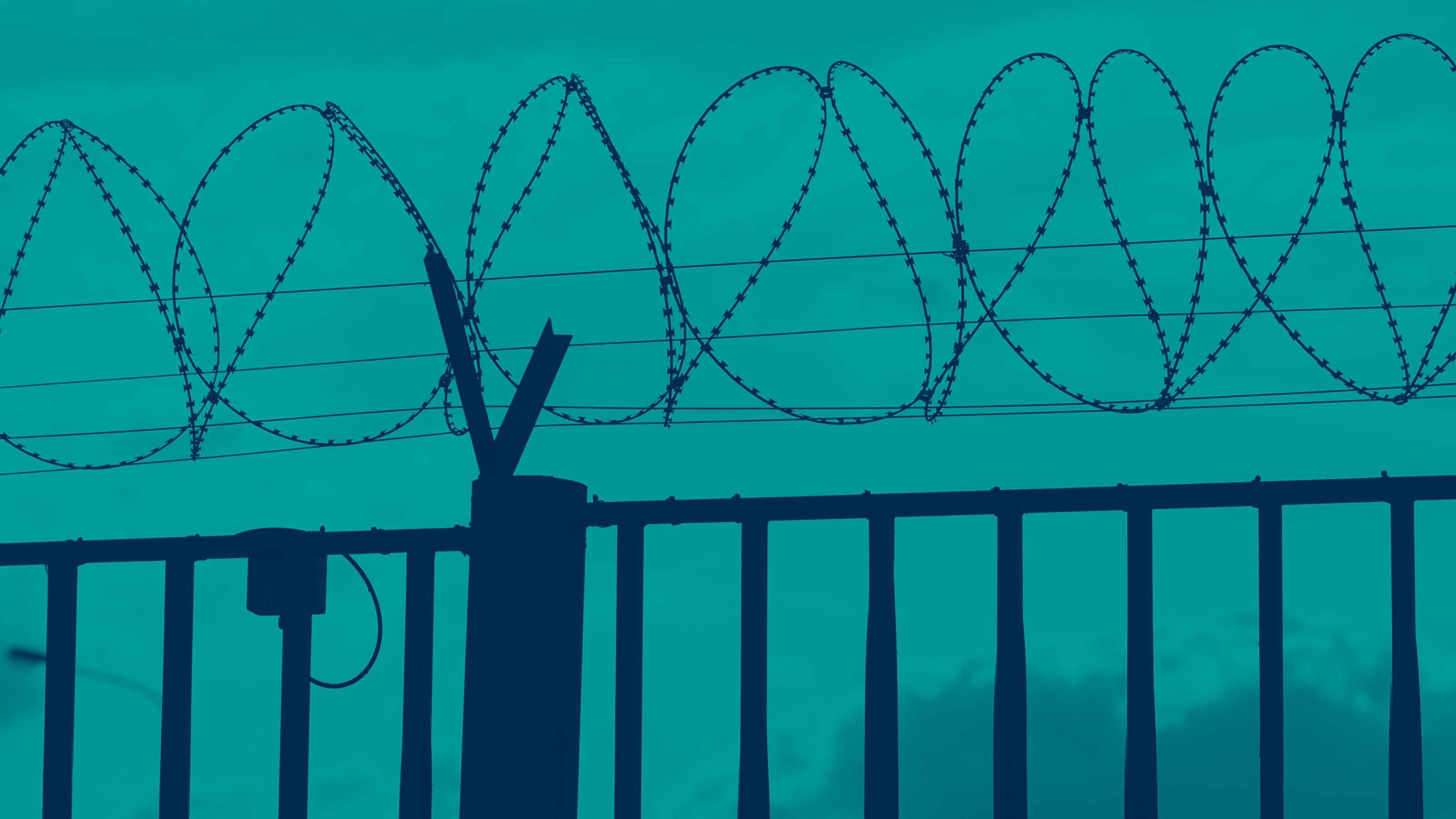Registration
You will receive an email confirming your registration.
The increasingly fluctuating power dynamics of the multipolar international order have reinforced the importance of asking—what factors transform rising powers into great powers? Realism, the dominant strand of International Relations theory, posits material power as the sole answer to this question. In her book, Why Nations Rise: Narratives and the Path to Great Power, Manjari Chatterjee Miller pushes back against this perception of power. She contends that military and economic power alone are insufficient to secure great power. Instead, Miller proposes that a state’s narratives of its power form a crucial third element of achieving great power status.
Carnegie India hosted Manjari Chatterjee Miller for a discussion on how narrative-making shapes great power transitions and why rising powers accommodate pre-existing international norms to facilitate their rise. The discussion was moderated by Srinath Raghavan.
Discussion Highlights:
- Differentiating between Rising Powers: Participants argued that there are two kinds of rising powers: active and reticent. They explained that active rising powers construct narratives of becoming a great power and engage in idea advocacy with domestic and international audiences. Thereby, they deliberately influence perceptions of their power. Harnessing these narratives concurrently with economic and military growth, they are able to actualize great power status. Conversely, reticent powers lack such narratives and idea-advocacy and thus, fall short of becoming great powers despite possessing the necessary material capabilities. Participants explored this further by comparing India and China. In the post-Cold War era, India focused on economic prosperity at the expense of parallel external thinking. In contrast, reflecting the great powers of the time, China projected itself as a responsible rising power that operated within the international order and respected multilateralism. Acknowledging that this narrative gap existed even in the 1990s when India and China’s material power was comparable, participants concluded that India remains a reticent rising power while China has emerged as an active rising power.
- International Norms and Rising Powers: Participants highlighted that the policies of rising powers transform from accommodational to revisionist with the consolidation of great power status. They argued that active rising powers conform to and accommodate current norms in the narratives they weave. Participants acknowledged that states only become revisionists once they achieve great power status, flouting existing norms to rebuild the international order in their own image. For instance, participants identified that active rising powers frame themselves per the shifting perceptions of a great power. In the nineteenth century, this meant being a colonial great power. This was internalized by Japan and the United States, which acquired and administered territories per international norms. In the post-Cold War world, being a great power entails global leadership exercised through multilateral institutions. Thereby, participants noted that China has deeply enmeshed itself in multilateral economic institutions such as the IMF and World Bank. However, participants cautioned that China will inevitably adopt revisionist policies once it has cemented its great power status.
- Catering to Different Audiences: Participants underscored that active rising powers seek both internal and external recognition of their great power potential. They elaborated that states acknowledge the difference in both intended audiences and mold their narratives accordingly. To external audiences, states portray themselves as responsible actors that play by the rules of the international order, akin to all other great powers of the day. To a domestic audience, however, states offer justifications for their expansionist policies. For instance, while China touts its good neighbor policy and the distribution of aid internationally, it also aims to reassure its citizens that these policy decisions contribute to the economic development of China and its actualization into a great power.
- The Instrumentality of Historical Memory and Amnesia: Participants observed that historical memory is selectively institutionalized in the process of great power narrative-making. Such narratives include colonialism in India and the century of humiliation in China. Illustrating this, participants highlighted that Chinese elites today talk about China acquiring great power status while simultaneously harking back to China’s century of humiliation. Participants argued that the memory of the century of humiliation is kept alive for instrumental purposes. For instance, the Chinese leadership seizes upon this narrative when a foreign policy crisis with Japan emerges, using it to incite anti-Japanese riots that compel Japan to retreat. Furthermore, its memory is harnessed as a morally imperative justification that necessitates China’s expansion into a great power. Thereby, participants underscored that political agendas often undergird the institutionalization of some historical memories while others become subject to selective amnesia.
This event summary was retrospectively prepared by Shivangi Seth, a research intern at Carnegie India
